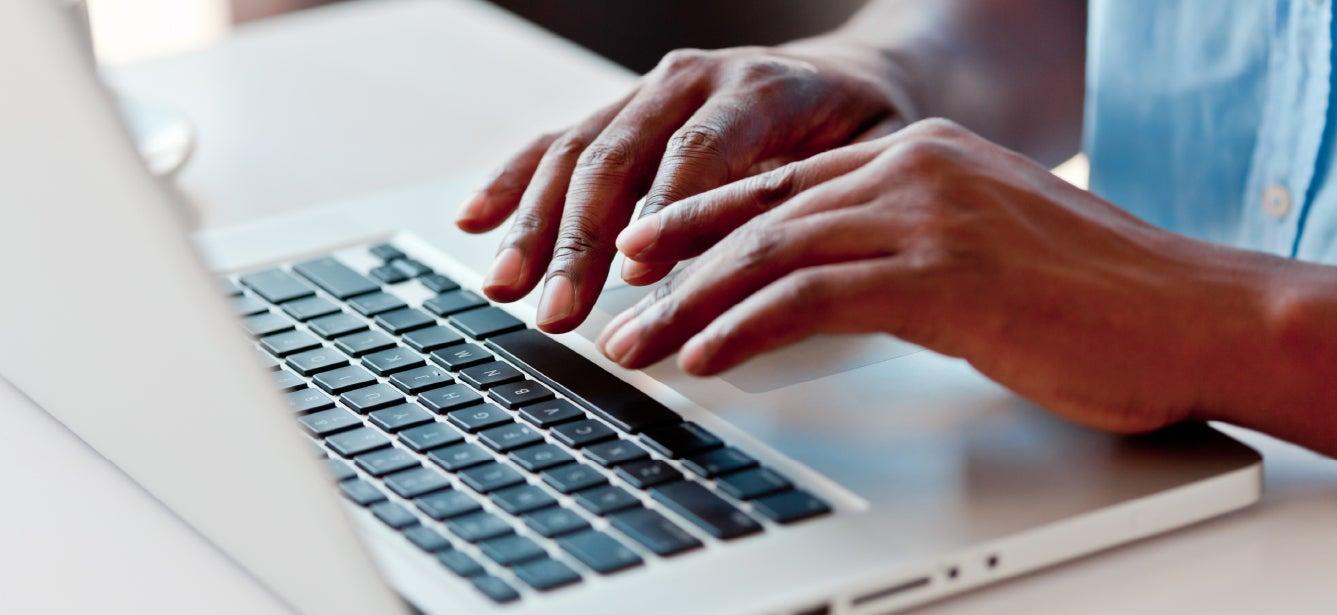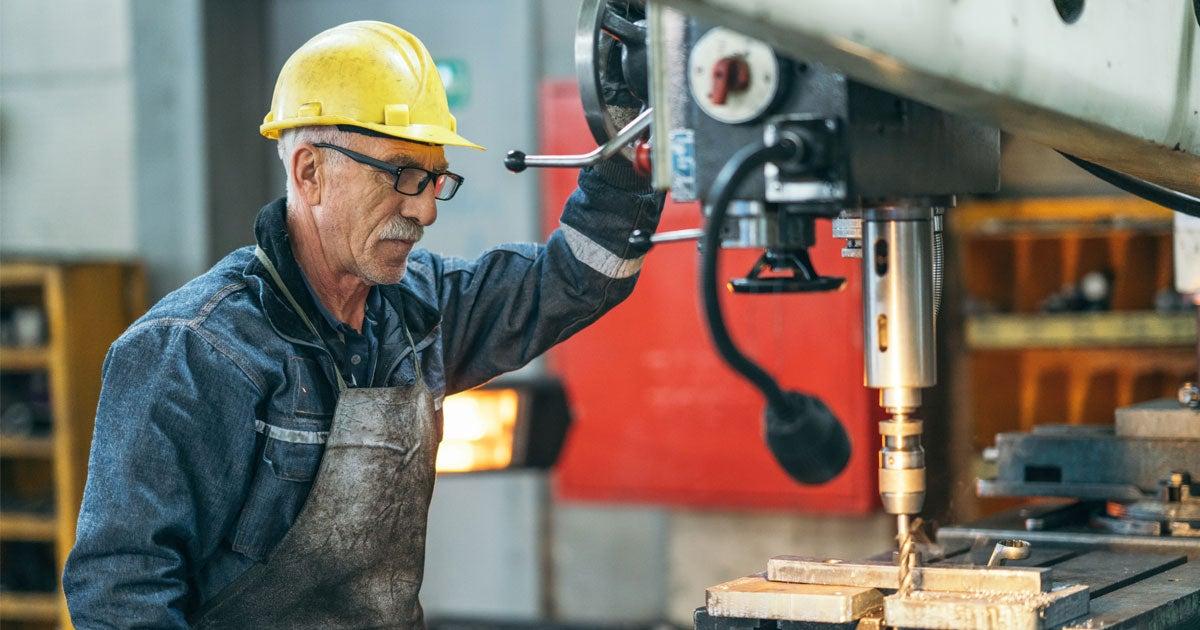
You completed the job interview—and you think you did well. You were dressed for success, confident, and enthusiastic about the opportunity at hand. But as the days go by with no phone call or job offer, you start to feel anxious. Did things go as well as you thought? Did you say something wrong?
Instead of worrying, slow down and take a moment to reflect upon the interview. Is this a job you're truly interested in? Ask yourself these questions to know for sure:
- How did the environment feel? Was it warm and welcoming, or cold and standoffish? Did the employees seem happy?
- Were you treated with respect by the interviewer and other staff?
- Were your responses to questions met with suspicion--or professional curiosity?
- Do the company's values align with your personal values?
- Does the CEO/boss's leadership style fit well with your personality?
If you decide the position is not right for you, extend the courtesy of letting the company know you’d like to withdraw from the running. But if you’re certain this is a company you’d like to work for, it’s time to do some interview follow-up to get an update on the job status.
Why is interview follow-up important?
Failing to follow up after an interview is a mistake that many job seekers make. Why is this step so critical? Reaching out post-interview gives you another chance to reinforce why a company should hire you. It’s an opportunity to:
- Remind them you’re a true professional.
- Show that you’re enthusiastic about the job.
- Keep your name fresh in the employer’s mind.
All these things can help set you apart from other candidates who are competing for the same position. The tips below can help you be strategic in your post-interview follow up and improve your odds of landing on the shortlist of candidates.
First step: Set up an email account if you don’t have one
Maybe you’re already an email pro and use it regularly. Or, you set up an email account before you landed your first job interview. But if you still don’t have email, performing proper interview follow-up will require you to get up to speed. Email is a staple of today’s job market and a fast, convenient tool for communicating with employers at every stage of the job search.
To send and receive email, you’ll first have to set up your own email account. Doing so is fast, free, and fairly easy. Gmail, AOL, Outlook, and Yahoo! Mail are all reputable free email providers. Visit these sites for instructions on how to set up an account or ask a friend or family member for help.
Three effective ways to follow up after your interview
Once you have your email up and running, you’re ready to begin your follow-up using these three types of communications.
1. The “thank-you” note (24 hours after interview)
The first follow-up should be a thank-you note sent to each person you interviewed with. In this message, you want to:
- Thank the interviewer for their time.
- Reinforce your interest in the job and company.
- Remind them briefly of the qualifications that make you a good fit for this position.
- Add any relevant details you might have left out during the interview.
Post-interview thank-you notes should be kept short and conversational—and always personalize the greeting. Here is a basic interview follow-up email example:
Dear [First Name],
Thank you for meeting with me yesterday and giving me the chance to tell you about my 10 years of furniture sales experience. I enjoyed learning more about [Company Name] and its mission to support local craftspeople and woodworkers in the community.
Please keep me posted on the hiring process. I look forward to hearing from you soon.
Best wishes,
[Your Name]
2. The “check-in” note (1 week after interview)
If a week goes by and you still haven't heard back from the hiring manager, it's ok to reach out for an update. Don't worry about appearing desperate or bothering your contact. Interview follow-up is a normal, expected part of the hiring process!
This note should be short (no more than three paragraphs) and sent only to the primary person you interacted with. Here’s a sample of an interview follow-up email to send after 1 week:
Dear [First Name],
I hope this email finds you well. I'm following up on my interview on [date] for the [job title] role and was wondering if you have any news on the position. I’m excited about the idea of joining your organization and would love to be informed when you have an update to share.
Please let me know if there is any additional information I can provide to help with your decision.
Warm regards,
[Your Name]
3. The “final check-in” note (2 weeks after interview)
If the hiring manager does not respond to your check-in email, it's acceptable to send another note to the same person after another week or so. Since you’ve already followed up, you’ll want to keep this message very brief and to the point. Here’s a sample of an interview follow-up email to send after 2 weeks or so:
Dear [First Name],
I just wanted to follow up on my previous email regarding the [job title] position. Do you have any updates to share with me? At your convenience, please let me know if I am still being considered for the role.
Best,
[Your Name]
You might get an email back from the hiring manager saying you didn't get the job. Or you might not hear back at all. Either way, it's time to move on. But instead of looking at this like a failed job interview, try to frame it as a positive experience. You had the chance to fine-tune your interviewing skills. You also expanded your professional network by meeting new people. At some point soon in your journey, the right opportunity will come along.
Get help from SCSEP and NCOA's Job Skills CheckUp
People age 65+ have one of the highest workforce participation rates in the developed world, according to the CDC. “A growing number of employers are recognizing the value that mature workers bring— attributes like experience, wisdom, and resilience,” says NCOA’s Maura Porcelli, Senior Director of the Senior Community Service Employment Program (SCSEP).
Older adults are skilled problem-solvers, creative thinkers, and relationship builders. They have the capability to be key contributors to an organization's success."
With SCSEP, older adults can receive valuable on-the-job training and job placement, which can lead to greater financial stability, better health, and improved quality of life. Participants can earn money in community-based service positions while building skills and self-confidence. You must be at least age 55 and have low income to take part in SCSEP. If you’d like to apply, find your local SCSEP office.
In addition, NCOA has an employment tool called Job Skills CheckUp. Funded by IBM, the free, online tool helps older adults get tips on how to succeed as a mature worker. All you have to do is tell us about your goals, describe your current employment situation, and the Job Skills CheckUp will create a personalized plan to help you find job openings, build a professional network, prepare for job interviews, and more.





